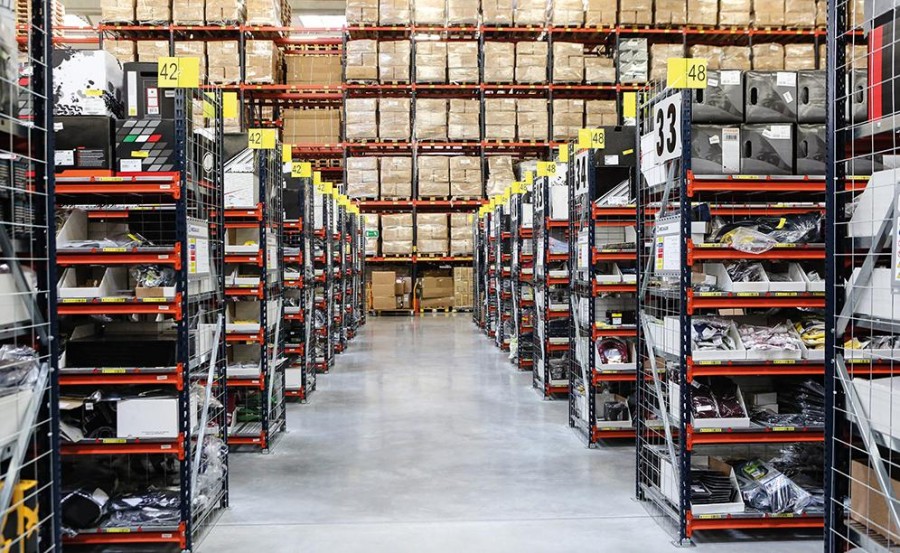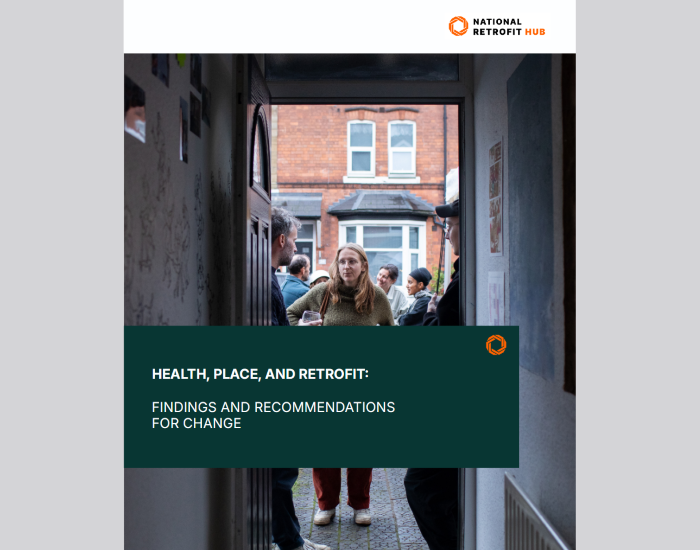The slowdown in the UK manufacturing sector continued at the end of the second quarter, as June saw output growth grind to a near-standstill pace and new orders contract for the first time in 17 months.
Business optimism dipped to its lowest since May 2020, as the number of firms expecting production to rise over the coming year fell to 47% (from 55% in May).
The seasonally adjusted S&P Global / CIPS UK Manufacturing Purchasing Managers’ Index (PMI) fell to a two-year low of 52.8 in June, down from 54.6 in May. The PMI has remained above the 50.0 mark since June 2020.
Manufacturing production rose for the twenty-fifth consecutive month in June. However, the rate of expansion was the weakest during the current upturn. Performances differed widely across the sector.

Consumer goods producers saw a marked downturn in output, while robust expansion was again registered in the investment goods industry. June saw intakes of new work decline for the first time since January 2021.
Companies indicated that the weaker economic outlook, reduced new export order intakes, slower growth of domestic demand, the war in Ukraine, raw material shortages and the slowdown in China all contributed to the reduction in new work received. The consumer goods and intermediate goods sectors were hardest hit by the decline in new order inflows. In contrast, investment goods producers saw new work rise for the fifth month running. New export orders contracted for the fifth month running in June, mainly reflecting the slowdown in China, rising economic uncertainty, the war in Ukraine and increased competition. Some firms also noted that ongoing Brexit-related difficulties and weaker growth had impacted new order intakes from the EU.
New export business declined in the consumer and intermediate goods industries, and was unchanged in the investment goods category.
The manufacturing slowdown and tougher economic backdrop drained business optimism in June. Firms raised concerns about flat domestic demand, weaker export markets, inflationary pressure, the effect of the increased cost of living on consumer demand and supply chain issues.
Positive sentiment fell to its lowest since May 2020, but companies still expect output to be higher (on average) one year from now. Optimism was linked to investment, growth plans and hopes for a return to a more "normal" economic environment. Jobs growth was registered for the eighteenth successive month in June. Increased employment was linked to higher output, staff shortages and efforts to reduce backlogs of work (which fell for the second month running).
Staffing levels rose across the consumer, intermediate and investment goods sectors and at small, medium and large[1]sized producers. Price inflationary pressures remained elevated at UK manufacturers during June. Input costs rose on the back of raw material shortages, stretched supply chains, higher prices for commodities, electronics, energy, oil, paper, plastics and timber (among other items). Higher costs were passed on, in part, to clients in the form of increased selling prices. That said, rates of inflation in both price measures continued to ease. Purchasing activity increased for the seventeenth consecutive month in June. Increased demand for inputs alongside ongoing supply chain constraints led to a further marked lengthening of vendor lead times.
Rob Dobson, Director at S&P Global Market Intelligence, said: “UK manufacturing output growth ground to a near standstill in June, as intakes of new work contracted for the first time since January 2021. Domestic market conditions became increasingly difficult and foreign demand fell sharply again, stifled by Brexit, transport disruption, the war in Ukraine and a global economic slowdown. Business confidence took a hit as a result, dipping to its gloomiest since mid-2020. Jobs growth also slowed sharply amid the increasingly uncertain outlook and recent surge in energy costs.
"The consumer goods sector was especially hard hit, as household demand suffered a steep retrenchment on the back of the cost-of-living crisis.
"There were some welcome signs that supply-chain constraints and cost inflationary pressures may have passed their peaks. However, with these constraints still elevated overall and demand headwinds rising, it is likely that UK manufacturing will see the economic backdrop darken further in the second half of the year.”
Duncan Brock, Group Director at the Chartered Institute of Procurement & Supply: “The manufacturing sector managed to hold steady last month and remained just above the no-change mark whilst delivering some sluggish results at the same time. New order levels fell for the first time since January 2021 and interest particularly from export markets faded away for the fifth month in a row.
“Supply chain managers reported that ports and paperwork were their undoing in June with Brexit a thorn in the side of manufacturers combined with weaker domestic demand, inefficient performance in supply chains and an overall shaky UK economy. The consumer goods sector took the brunt of the shortfall overall as the mounting cost of living crisis affected spend for manufactured goods. One bright spot remained job creation as businesses played catch-up after lockdowns and disruptions but hires will soon reach peak levels without a steady pipeline of work to keep the machines turning.
“As the energy in the sector leeched away, so did optimism which fell to its lowest since May 2020 where only 47% of respondents were hopeful about the next 12 months. The manufacturing sector may not be the biggest in terms of the UK’s GDP contribution, but its importance may become more critical in the coming years and it needs a better trading environment than 2022 has offered so far.”




















